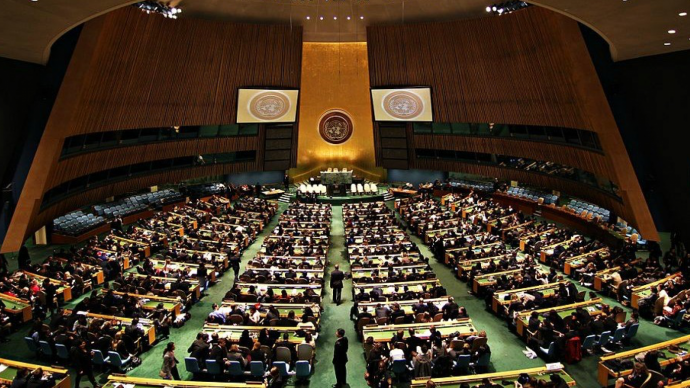Here is Bruce Thornton writing again on a topic on which he is an expert — the history of the consequences of appeasement:
A tragic glimpse into our suicidal concessions.
In the Thirties many in England blamed their own country for the First World War. Whether for causing the war in the first place, or imposing a “Carthaginian Peace” with “punitive reparations,” considerable numbers of British politicians and intellectuals made excuses for Germany. One Labour M.P. mourned that England had not acted “wisely,” “generously,” or “justly” towards the Germans, and bore “a heavy responsibility for the tensions and menaces of the present international situation.”
What Churchill called “unwarrantable self-abasement” contributed to the wide-spread failure of nerve that led England down the road to appeasement at Munich. But despite that gruesome historical warning against projecting weakness in the face of a brutal enemy, in our fight against Islamic jihad and Iran’s nuclear ambitions, we are repeating that same error.
After 9/11, the bodies were still entombed in the rubble when the blame was being cast on the United States and the West in general. A whole issue of The Nation confirmed the preposterous pretexts for the slaughter publicized by Osama bin Laden. Our premier leftist journal identified “the sources of the hatred” of the U.S. and its “decade of neglect and, worse, neglect of international affairs,” and “the failure of our own leadership and the role our government has chosen to play in the world.” There were fears expressed about “an enraged blind superpower” and what horrors it might perpetrate in response. Then there were other crimes like “U.S. missiles smashing into Palestinian homes” and other “historical wrongs and injustices” that had caused “the firestorms.” There was a hope, tinged with schadenfreude, that “our nation’s suffering could open our eyes to the rest of the world’s pain.”
Read more: FrontPageMag
Image credit: www.frontpagemag.com.

